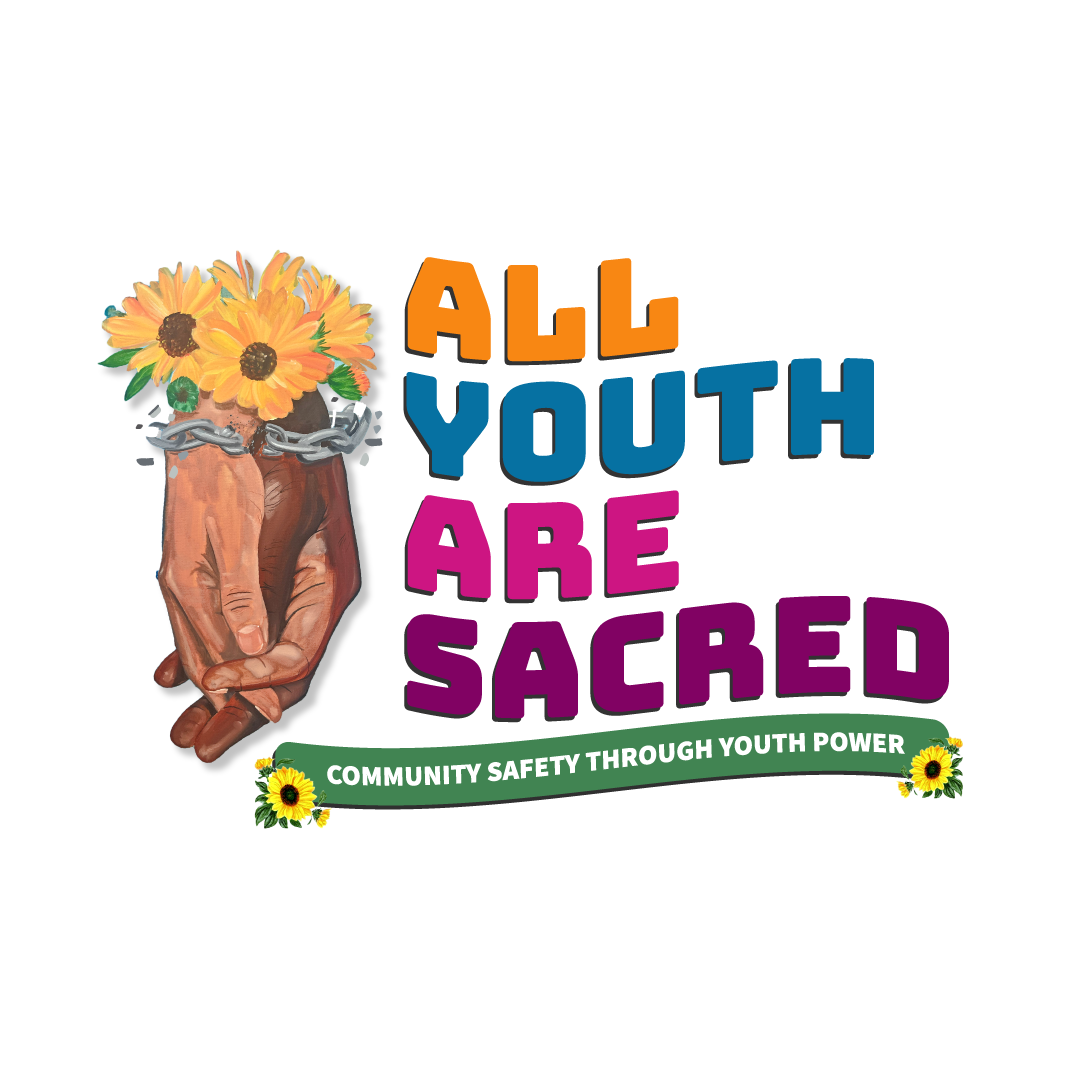Reframe, Reclaim, Rise: Breaking Down Negative Narratives Surrounding Youth by Ivan
The negative narratives of youth are inaccurate. People often think youth are lazy, selfish, and violent, but this bad perception hides their true potential and ignores bigger problems in society. The negative narratives that are being said about our youth have affected me as a youth growing up. Living in poverty surrounded by gang violence at a naive age leaves one vulnerable to adapting a negative influence. Studies show that gang members exploit vulnerabilities. “Gangs often target youth from disadvantaged communities who may be experiencing difficulties such as poverty, family instability, and lack of positive role models. (Science Direct)” At a young age this can shape one’s mind in a negative way. Youth obtain belief systems that lead to destruction and failure. I have lived through this. Due to my fathers murder, he’s been absent in my life since I was two years old being the only male out of my four sisters and with no male figure in my life, I got reeled in by negative peers in the gang infested environment I lived in. Being young and naive, I didn’t know what I was getting into, but two things I thought I understood at that age were that I was loved and there was a void in my heart slowly being filled in, and as time went on I found myself in a jail cell and realized how I had been manipulated.
There are two more issues that support my claim regarding the negative narratives that are said about our youth. Research shows how the youth brain, particularly during adolescence, is still undergoing significant development, especially in areas related to decision-making, impulse control, and emotional regulation. The frontal lobe, responsible for these functions, is one of the last areas to mature, often not fully developing until the mid-20s. This explains why teenagers may exhibit impulsive behavior, struggle with planning, and have difficulty understanding the consequences of their actions. Furthermore, a youth's environment can have a severe impact on their development and future. Studies show how “a negative environment can severely impact youth development, leading to increased stress and anxiety, impaired cognitive function, higher risk of substance abuse, aggressive behavior, delayed social and emotional growth, and increased risk of mental health issues like depression and PTSD. These effects can be long-lasting and influence their future opportunities and well-being. (Journal of Neurodevelopmental Disorders) ” In addition youth instill trauma in these environments they're forced or born into have left them lost mentally.
Our future depends on our youth overall, regardless of their circumstances and the hardships they face. I suggest providing youth with mentorship programs, quality education, mental health resources, recreational centers, job training, safe housing, technology access, and leadership development for their lives.
These resources would offer stability, guidance, and opportunities, helping them overcome challenges and reach their full potential
There are many factors that affect our youth which are not being acknowledged. These negative narratives are being overlooked rather than the real problems. Further investigation into our youth regarding environmental circumstances, brain development, and manipulation (especially at a naive age) are critical. Understanding their circumstance, their mental state and allowing them a second chance rather than believing these negative narratives and assuming they are fully capable of understanding the world and the reasons why they make the decisions that they make. An alternative and a way to support our youth would be providing mentorship programs, quality education, mental health resources, recreational centers, job training, safe housing, technology access, and leadership development. With this support system we can make a change in our youth and our future.
Sources:
jneurodevdisorders.biomedcentral.com
